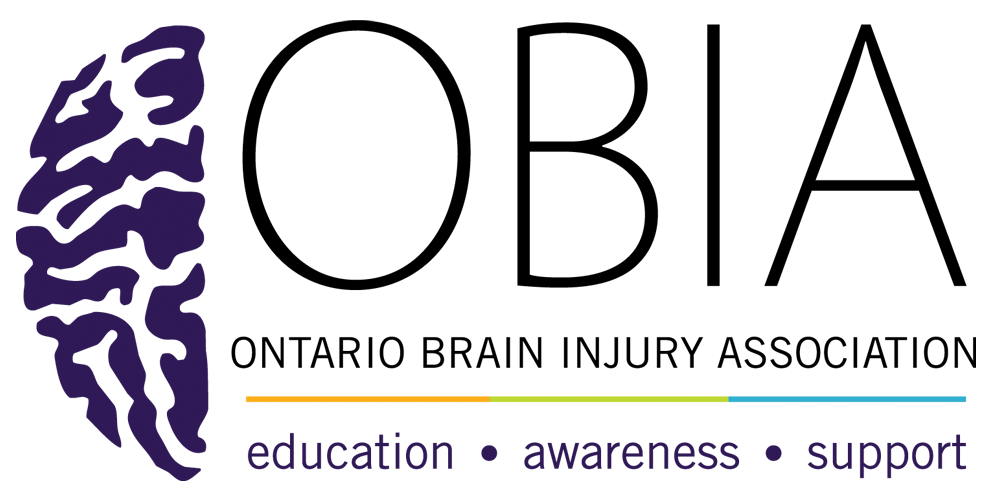Quick Facts
-
- Anger is a very common emotional response following a brain injury
- Anger is an emotion triggered by something and may not always lead to aggression
- Aggression is what others can see, hear, or feel as a result of anger and may require medication to control
- An increase in aggression following an injury may be related to an increase in the individual’s behaviour from before the injury, or it could be a change in personality as a result of the injury
Possible Causes and Complications
-
- Irritability
- Having a short fuse or trouble controlling temper
- Verbal aggression which may include swearing, yelling and/or judgmental and abusive comments
- Rapid breathing and heart rate, tense muscles, sweating, and/or a flushed face
- Physical self-harm
- Threatening behaviours (e.g. raising voice, standing to closely, staring, shaking a fist, or treats to harm others)
What does it
look like?
-
- The individual may have been irritable or angry person prior to their injury and these tendencies could be increased/amplified as a result of the injury
- May experience “impulsive anger” which occurs when there is damage to parts of the brain that normally control anger and behaviour. This type of anger is characterized by:
- Anger begins with injury or is much worse since the injury
- Feelings of anger come and go quite suddenly
- Minor events trigger anger
- Following the episode of anger, the individual with a brain injury is surprised, embarrassed and possibly upset with their behaviour
- Anger is made worse by physical stress such as fatigue, pain, or low blood sugar.
- Loud noises, high levels of activity in the environment, and unexpected events may contribute to anger
- Medical factors such as fatigue, pain, low blood sugar, medications, alcohol or drugs can contribute to anger.
- Changes in ability, grief, and isolation following a brain injury may contribute to anger as well
- As a result of anger, individuals with a brain injury may experience a loss of friendships or relationships, withdrawal and isolation, and embarrassment, frustration and sadness.
What can we do?
-
- Keep a record of events and factors that increase anger
- Use positive ways to manage and respond to behaviour (see Ways to Manage Challenging Behaviours)
- Do not take anger personally and recognize that is may be an impairment in the ability to control anger
- Avoid the increase and escalation of anger and aggression by using prevention strategies
- Develop behaviour intervention and management strategies and support the development of self-control strategies.

